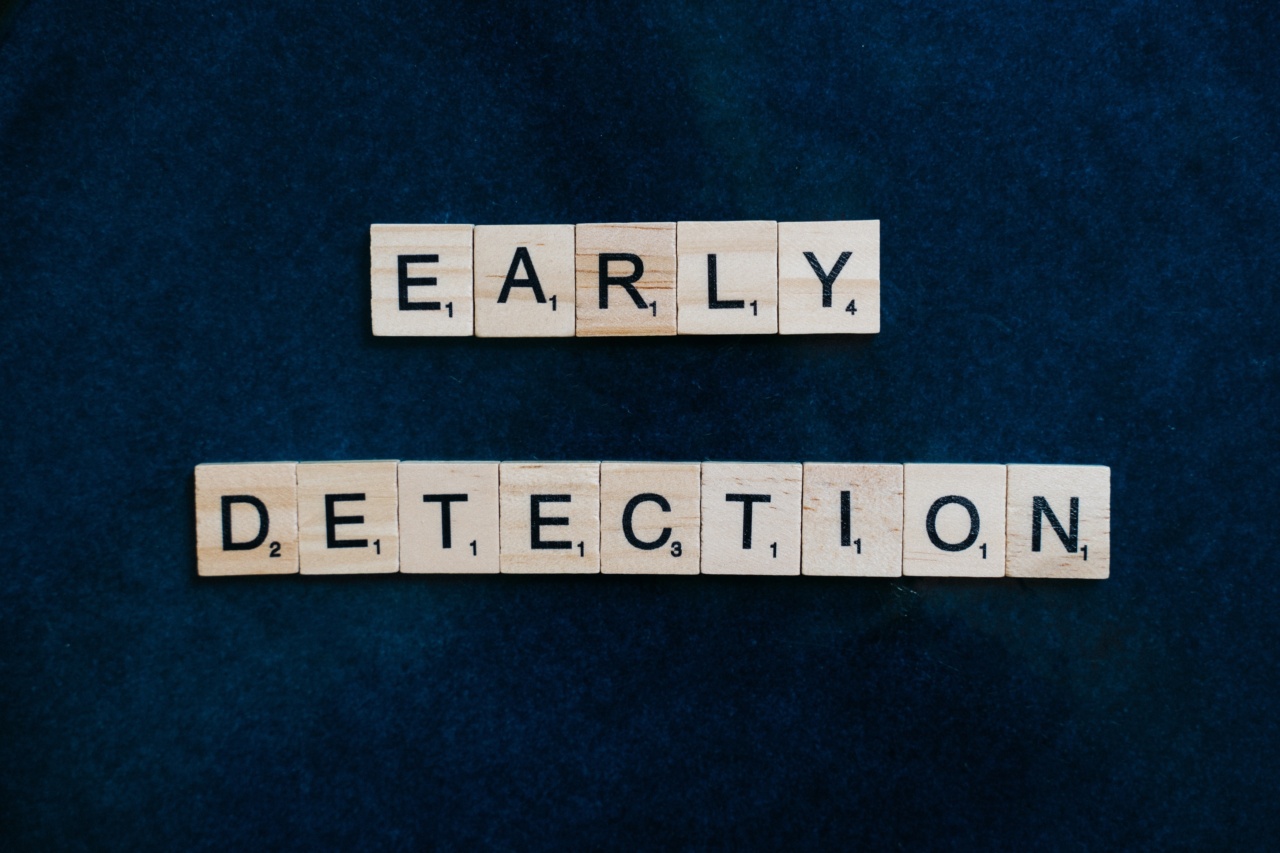Liver cancer is the fourth-leading cause of cancer-related deaths globally. This type of cancer is often asymptomatic, displaying no signs until it has progressed to advanced stages when cure chances are minimal.
Early detection of liver cancer is critical for patients to have the best possible outcome. Fortunately, advancements in technology have made it easier to detect liver cancer in its early stages.
What is early detection of liver cancer?
Early detection of liver cancer refers to the ability to recognize potential liver cancer cells in the earliest stages, usually while the tumor is still relatively small and can be treated with high probabilities of success.
Why is early detection important?
Early detection is essential for liver cancer because it can help doctors provide better treatment for their patients. Patients with early-stage liver cancer have a better chance of a successful outcome due to early detection.
Finding the tumor early also minimizes the need for more invasive procedures.
How is early detection of liver cancer done?
Liver cancer can be detected early through various diagnostic tools, including:.
: 1. Ultrasound scans
This non-invasive technique uses high-frequency sound waves to produce images of internal organs. Ultrasound scans are commonly used to detect liver cancer at its earliest stage.
: 2. Blood tests
Patients with liver cancer will often have higher-than-normal levels of certain proteins or enzymes in their blood. Doctors can use these blood markers to determine if patients have liver cancer.
: 3. Biopsies
A biopsy is a procedure used to remove a small amount of liver tissue for examination under a microscope. If the tissue contains cancer cells, it confirms the patient’s diagnosis of liver cancer.
: 4. CT (Computed Tomography) scans
A CT scan is a diagnostic tool that takes detailed images of the liver, bone, and other organs. This technique can detect liver cancer and determine if it has spread to other parts of the body.
Conclusion
Liver cancer is a deadly disease, but early detection can dramatically improve patient outcomes.
By using diagnostic techniques such as ultrasound scans, blood tests, biopsies, and CT scans, doctors can detect liver cancer in its earliest stages and provide early treatment for patients. Always seek medical attention if you experience any unusual symptoms or changes in your liver’s functions, such as jaundice or abdominal pain.





























